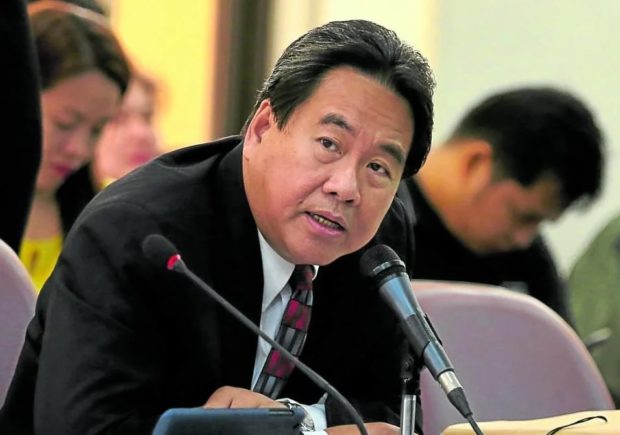
Rep. Rufus Rodriguez. (INQUIRER FILE PHOTO)
MANILA, Philippines — The Philippines’ drop to 89th place in a global ranking on economic freedom stresses the need to rewrite the Constitution’s restrictive economic provisions to attract more foreign capital.
Rep. Rufus Rodriguez, chair of the House constitutional amendments panel, said the 2023 Index of Economic Freedom showed that the country was “mostly unfree” in terms of economic freedom.
“We are now considered ‘mostly unfree,’ after being ‘moderately free’ for nine consecutive years. We have to do something about the reported deteriorating economic freedom in our country,” Rodriguez said in a statement on Saturday.
The index, done by the United States-based The Heritage Foundation, revealed that the Philippines fell to 89th place out of 176 countries with a score of 59.3 points.
The country’s ranking slid down for the third consecutive year, from 73rd place in 2021 and 80th place in 2922.
Rodriguez said this slump “highlights the need for Congress to work on rewriting the restrictive economic provisions of the Constitution.”
He expressed optimism that the Senate would consider amending the Constitution’s economic provisions, given the Philippines’ latest economic freedom ranking.
“Though a convention would have plenary powers, the collective wish of House members is for it to limit itself to changing the Constitution’s economic provisions,” he said.
Rodriguez added: “The current initiative in the House to start the process of amending the Constitution is aimed at tweaking the Charter’s economic provisions to further open up the economy to foreign investments. That is our goal. More investments would mean more jobs and income for our people.”
Last week, members of the House approved on second reading Resolution of Both Houses No. 6, which calls for a constitutional convention to amend the Constitution’s economic provisions.
This means that the resolution may be up for the third and final reading next week.
The Constitution requires that for the resolution to be approved, it must get two-thirds of the vote of the members of Congress. However, the charter does not specify if each chamber should vote separately or jointly.
The implementing bill, or House Bill No. 7352, was approved by the House constitutional amendments committee and was now being deliberated by the House plenary.
HB 7352 sets a P10,000 per diem for each of the 304 delegates, the majority of whom will be elected by the public while 20 percent will be sectoral representatives to be appointed by the president.